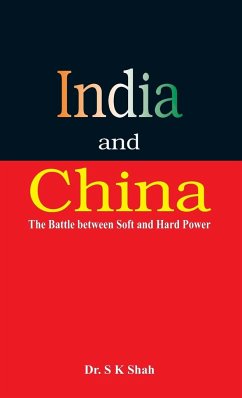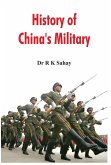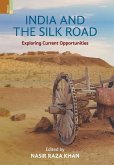Since soft power is an intangible component of a state's power, it is difficult to measure its actual impact. The advantages of hard power such as military and economic resources are that they can be measured and compared, and their direct effects are more or less palpable. It is easy for example to compare Indian and Chinese military expenditures. It is impossible however to quantify the appeal of a country's values, culture, institutions or achievements, an appeal which is inherently subjective and therefore contested and fluctuating. Since the early 2000s, in keeping with India's rise on the world stage, the scholarly and policy communities in India and abroad have witnessed a steady increase in writing on India's soft power. Many of these assessments are optimistic, placing faith in India's potential as a civilizational great power with considerable resources arising from its culture, domestic ideology and diplomacy. The uniqueness of this book hence lies in the author's way of reconstructing the chapter under review by delving deep into the areas of the subject.
Hinweis: Dieser Artikel kann nur an eine deutsche Lieferadresse ausgeliefert werden.
Hinweis: Dieser Artikel kann nur an eine deutsche Lieferadresse ausgeliefert werden.







![East India (tibet): Papers Relating To Tibet [and Further Papers ...], Issue 1 East India (tibet): Papers Relating To Tibet [and Further Papers ...], Issue 1](https://bilder.buecher.de/produkte/67/67049/67049304m.jpg)
